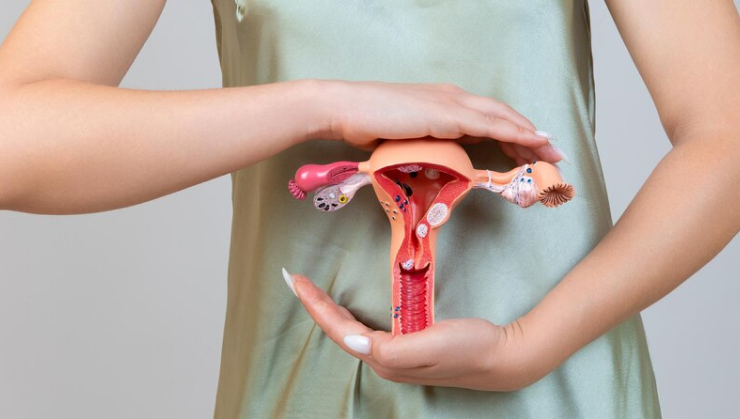Introduction:
Bringing a new life into the world is a transformative experience for women. While the focus during pregnancy is on prenatal care and preparations for childbirth, it's equally important to understand and prepare for what comes next - the postpartum period. This is a time of recovery, bonding, and adjustment to new motherhood. In this article, we will explore what to expect after giving birth and the essential aspects of postpartum care.
The Postpartum Period:
The postpartum period, often referred to as the "fourth trimester," begins immediately after childbirth and typically lasts for six weeks. During this time, a woman's body undergoes various physical and emotional changes as it recovers from pregnancy and childbirth.
Physical Changes:
- Uterine Contractions: The uterus begins contracting to return to its pre-pregnancy size. These contractions can be uncomfortable but are necessary for healing.
- Vaginal Bleeding (Lochia): Vaginal bleeding, resembling a heavy period, occurs in the days and weeks after childbirth. It gradually changes in color and consistency.
- Perineal Discomfort: If you had a vaginal delivery, you may experience perineal discomfort or pain. If you had an episiotomy or tear, stitches may be required.
- Breast Changes: Breasts become engorged as milk production begins. This can lead to tenderness, swelling, and sometimes, leaking.
- Hormonal Fluctuations: Hormonal changes can result in mood swings, night sweats, and changes in skin and hair.
- Pelvic Floor Weakness:Childbirth can weaken the pelvic floor muscles, which may lead to urinary incontinence.
Emotional Changes:
- Baby Blues: Many women experience the "baby blues," which can involve mood swings, sadness, and irritability. These feelings usually resolve within a few weeks.
- Postpartum Depression: Some women may experience more severe and persistent mood changes, indicating postpartum depression. It's essential to seek help if these symptoms arise.
Postpartum Care:
- Rest: Rest is crucial for healing. Try to sleep when the baby sleeps and accept help from family and friends.
- Healthy Diet: Maintain a nutritious diet to support recovery and breastfeeding. Stay hydrated and consume foods rich in essential nutrients.
- Pain Management: Over-the-counter pain relievers may be recommended for pain management. If you had a cesarean section, follow your healthcare provider's instructions for incision care.
- Perineal Care: Keep the perineal area clean and use a peri-bottle to rinse after urination or a bowel movement. Applying cold packs can help reduce swelling and discomfort.
- Breastfeeding Support: If you're breastfeeding, seek support from lactation consultants if you encounter challenges. Ensure proper latch and positioning.
- Pelvic Floor Exercises: Pelvic floor exercises, known as Kegels, can help strengthen the pelvic floor muscles.
- Emotional Support: Lean on friends, family, and support groups for emotional support. Reach out to a mental health professional if you experience persistent mood changes.
- Follow-up Care: Attend postpartum check-ups with your healthcare provider to monitor your recovery and discuss contraception options.
Conclusion:
The postpartum period is a unique and challenging time that requires care, patience, and self-compassion. Understanding what to expect after giving birth and prioritizing postpartum care is essential for a smooth recovery and the transition to new motherhood. Seek support and guidance from healthcare providers, family, and friends as you navigate this transformative phase in your life. Remember that it's entirely normal to experience a range of emotions and physical changes during the postpartum period, and seeking assistance when needed is a sign of strength and self-care.
.pdf%20300X60%20PX-02-02.svg)



